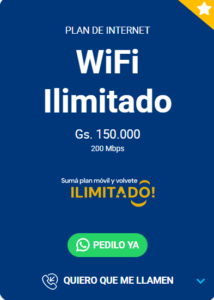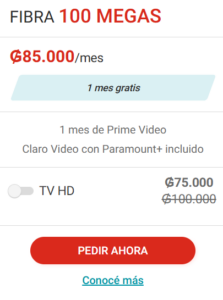It’s not easy to write an article about living costs without knowing the expected lifestyle of the person, but we try to cover multiple variants and choices.
Everybody uses numbeo.com as an essential resource for comparing prices. While we can certainly start with this, we discovered many disparities during our travels and, in reality, on the ground in Asuncion.
Another solid benchmark people could use is the Big Mac Index by The Economist. You can compare the price of a Big Mac sandwich in your country to that of a Big Mac in Paraguay, which now stands at about 2.8 USD. The percentage difference should roughly estimate how much you can save on your lifestyle here. The downside of this metric is that international brands tend to overprice their products in low-income countries compared to local salaries, so this does not tell you that I just bought 5kg (11 lbs) of BIO Tomahawk grass-fed beef steaks for just about 35 USD.
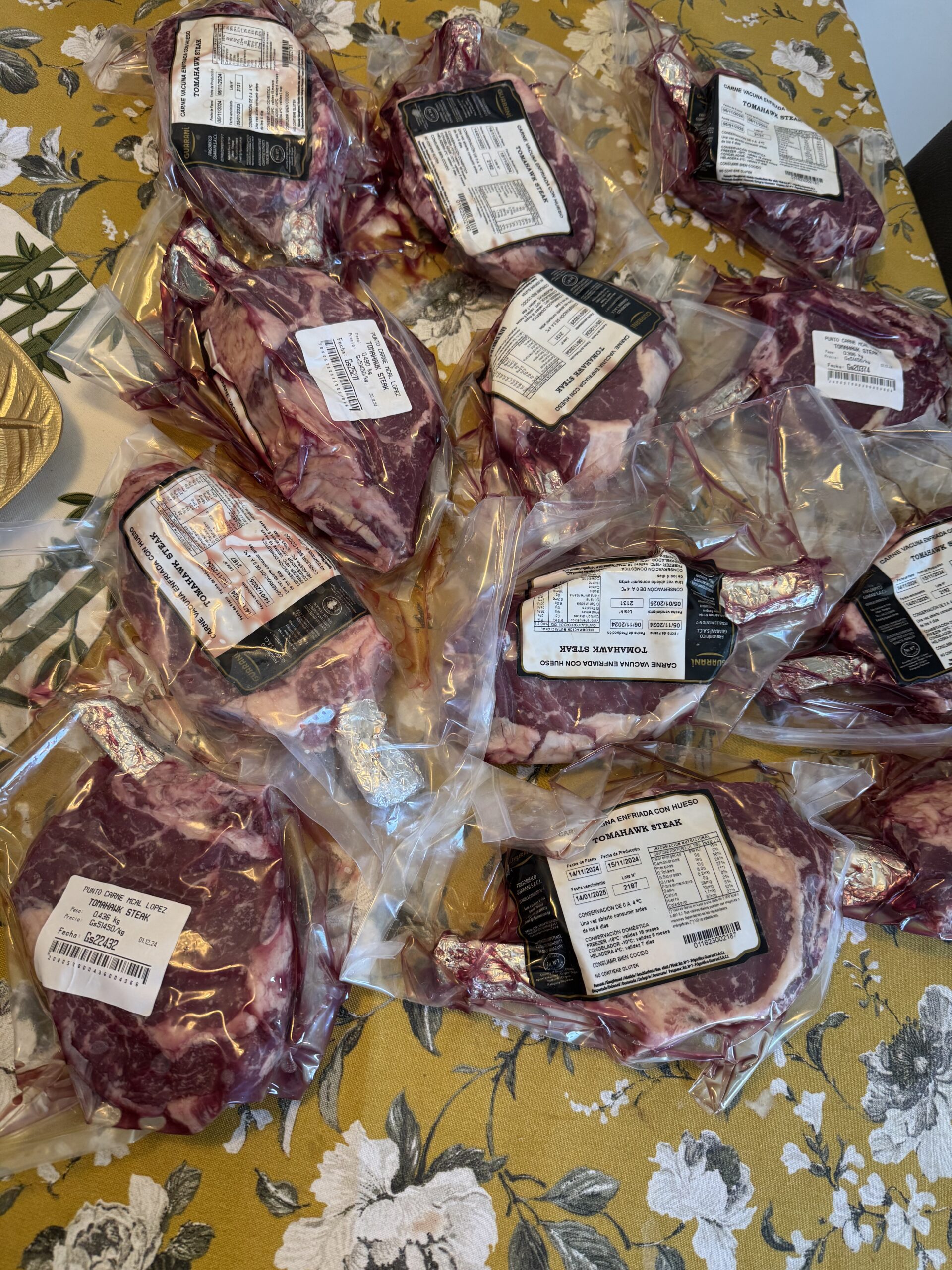
Housing

1. Villa Morra
Villa Morra is still the number one zone in Paraguay for foreigners. Its proximity to everything from shopping to restaurants, nightlife to gyms makes it the standard go-to locality. Speaking of long-term rent, you can expect to pay around 390 USD / month for a studio. One-bedroom apartments go from 470 USD / month, and two-bedroom apartments from 570 USD / month. Expect to pay more for furnished apartments. Suppose you plan to stay in Paraguay for a long time; we advise you to invest in your furniture. It widens the possibilities of rents significantly. Some companies focus on renting out furniture.
2. Recoleta
Recoleta is a zone formed around Shopping Mariscal, the big shopping mall surrounded by office buildings. It is right next to Villa Morra and offers the same proximity to everything. You can expect to save 5-10% compared to Villa Morra’s prices.
3. Las Lomas
Las Lomas and Mburucuya are now the fastest-growing neighborhoods. Street Dr. Felipe Molas López around Casa Rica boasts many high-rise residential buildings, many under construction. What can be a potential turn-off for now is noise from all the construction sites. You can find one-bedroom apartments for 400 USD / month; two-bedroom apartments start at 500 USD / month.
4. Mburucuya
This zone is known for many upscale houses, but residential apartment buildings are coming up. One of the best “edificios” in Asuncion—Edificio Feel — calls Mburucuya its home. You can expect to pay the same prices as in Villa Morra.
5. Other Zones
Madame Lynch, Ycua Sati, San Cristobal. These zones are not well known to foreigners, but they still offer a good lifestyle, especially if you rent near the Paseo La Galeria shopping mall. The further away from the mall, the cheaper the rent will be, and you can save 20% compared to Villa Morra.
6. Luque
Luque is a suburb city that connects to Asuncion. It takes about 30 minutes in Bolt to get to Paseo La Galeria from the center of Luque. In recent years, the Luque has become home to newly forming middle and upper-middle-class locals. You can rent a verynice duplex house with three bedrooms, an outside pool, and a small backyard for about 700 USD / month.
Electricity and Utilities
The rent usually includes tap water and maintenance of the building and its amenities. Electricity is super cheap in Paraguay. I pay around 40 USD / month for a 2-bedroom apartment, which is around 70 square meters, and the AC is almost always on.
Groceries
The golden standard for supermarkets in Paraguay is SuperSeis. Upscale supermarkets are Casa Rica and Deli Market. Casa Rica’s owners recently started a new middle-class brand, Arete. Cheaper chains are Realand Luisito.
However, our research shows minimal price differences between the chains for locally produced basics such as milk, eggs, fruits, and vegetables. Remember that you can save up to 30% more on your groceries with credit cards.
At regular prices, you can pay 0.8 USD for 1 liter of milk and 1.8 USD for 12 large eggs. 1kg of chicken breasts costs about 4 USD. Oranges and mandarins cost 0.8 USD / kg, pineapple 1.2 USD / kg, bananas 0.8 USD / kg. Zucchini and eggplant cost 0.8 USD / kg, tomatoes 1.15 USD / kg, mandioca 0.3 USD / kg. Local beer costs around 1 USD / liter.
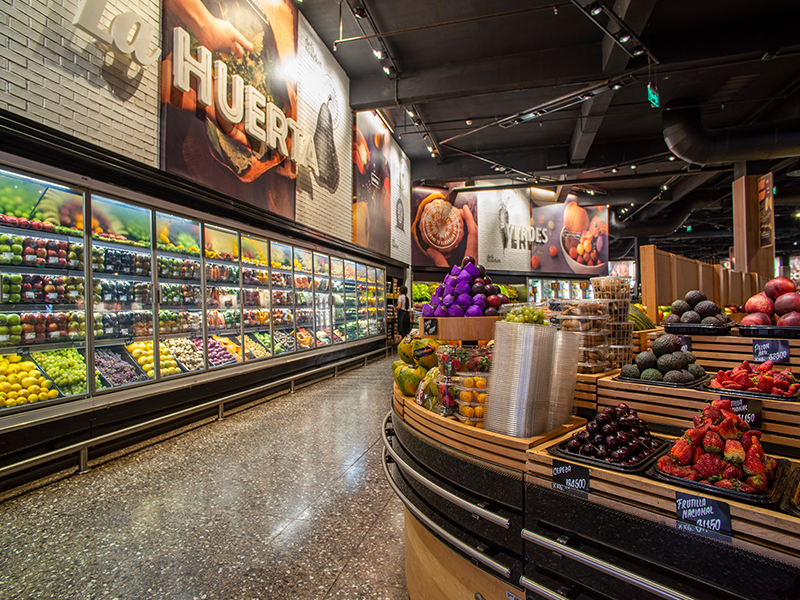
Transportation: Uber / Bolt / Gasoline
Public transport in Paraguay is not very developed. However, plans to construct city trains are underway, which could change the situation.
Until then, most foreigners get on by using Uber or Bolt. Prices are fractional to those in Europe and the United States. For a 5-kilometer ride of about 14 minutes, you can pay around 2 USD with Bolt. Uber usually has longer waiting times because it has fewer drivers, but you can expect the cars to be better quality.
If you have a bigger family or you are planning on making Paraguay your new home, consider buying a car. Very low gasoline prices in Paraguay make it even better. As a plus, you can save an additional 20-30% on gasoline with credit cards.
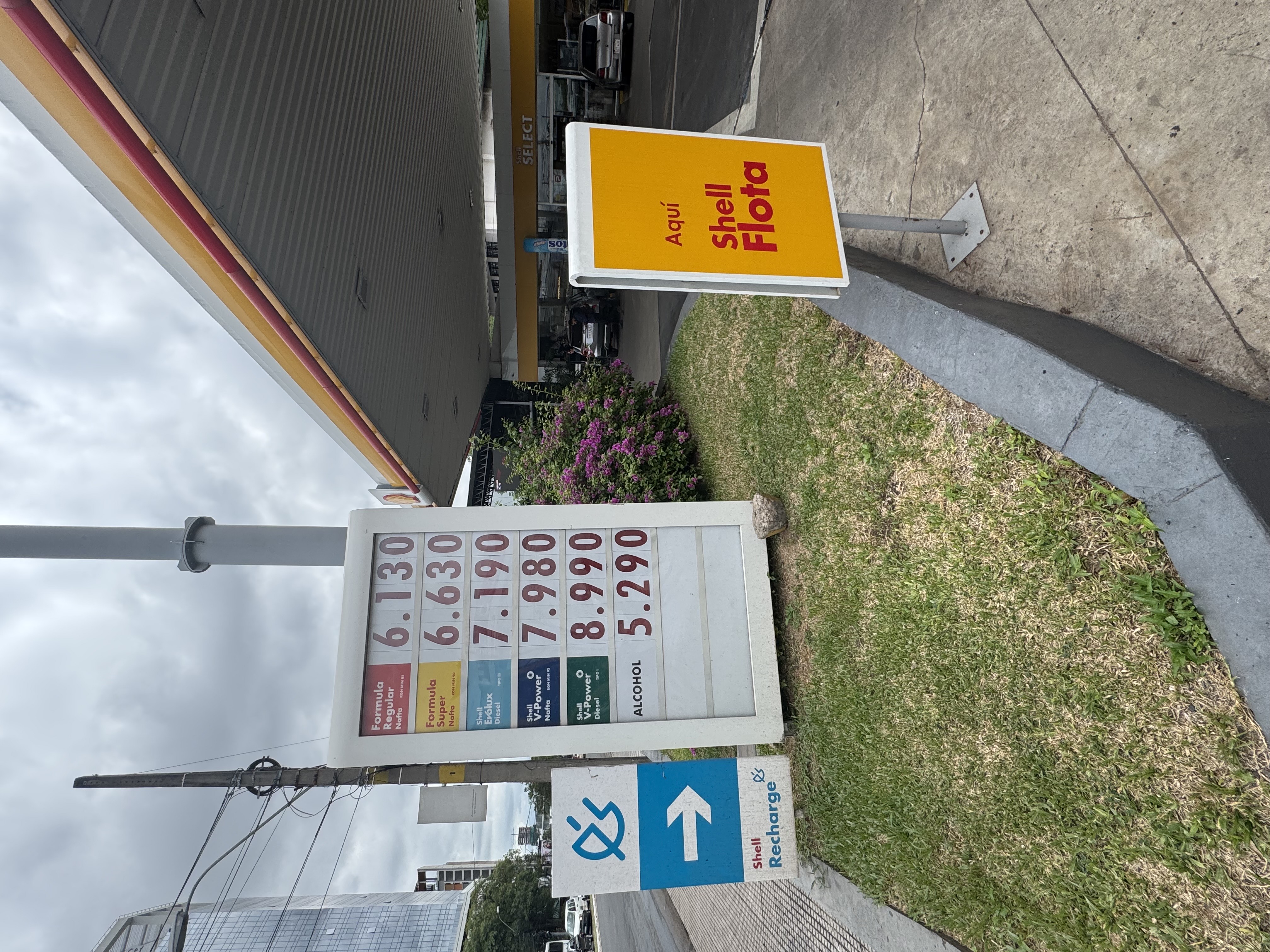
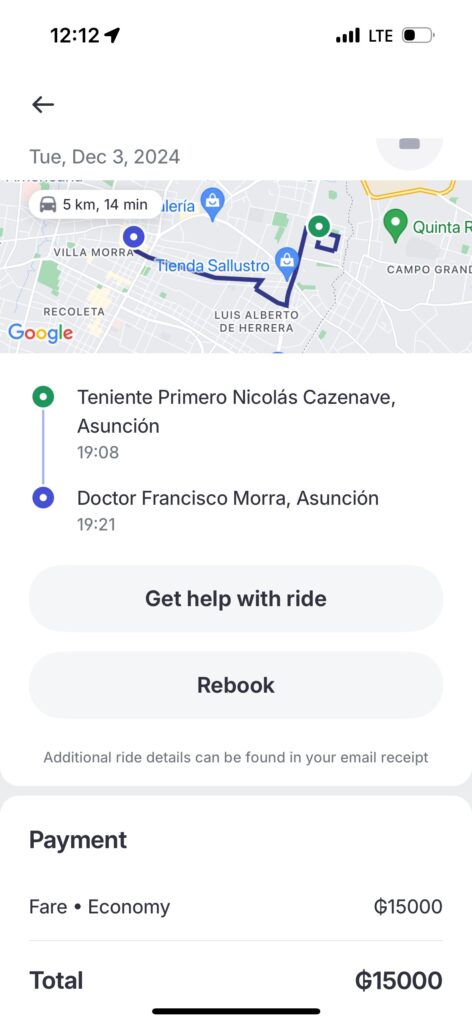
Phone / Internet
Personal, Claro, and Tigo control the majority of the Paraguay market. They always offer different discounts, so it is not straightforward to say which offers the best value.
When it comes to mobile, you have the option to use prepaid and postpaid programs. Unlike in Europe, postpaid programs do not come with two-year contracts, so you can cancel anytime. They offer better value for the GB of data and usually offer data usage when roaming, at least for Mercosur countries. The more expensive ones cover Europe and the United States as well.
In Tigo, you can pay around 13 USD / month for unlimited calls and 20 GB of data. Prepaid, you can buy 3 GB of data for 4 days and pay 2 USD.
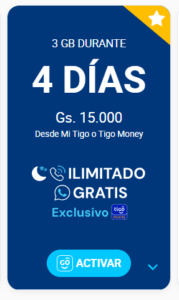
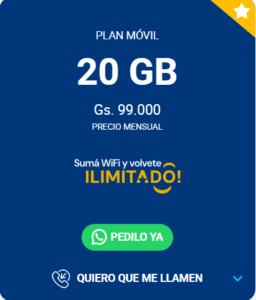
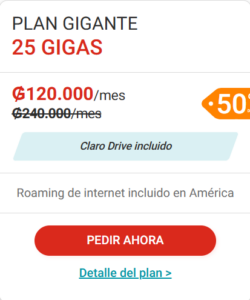
Fiber optic internet is widely available in Asuncion and its suburbs. The speed is excellent, and the price is low. In Tigo, you will pay around 20 USD / month for 200Mbps unlimited internet, and in Claro, it is 11 USD / month for 100Mbps. If you need even faster connectivity, Personal offers a 1Gbps line. All providers offer discounts if you buy Internet+Mobile packages and also for TV.
